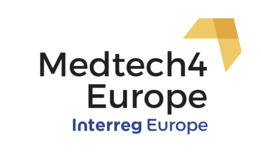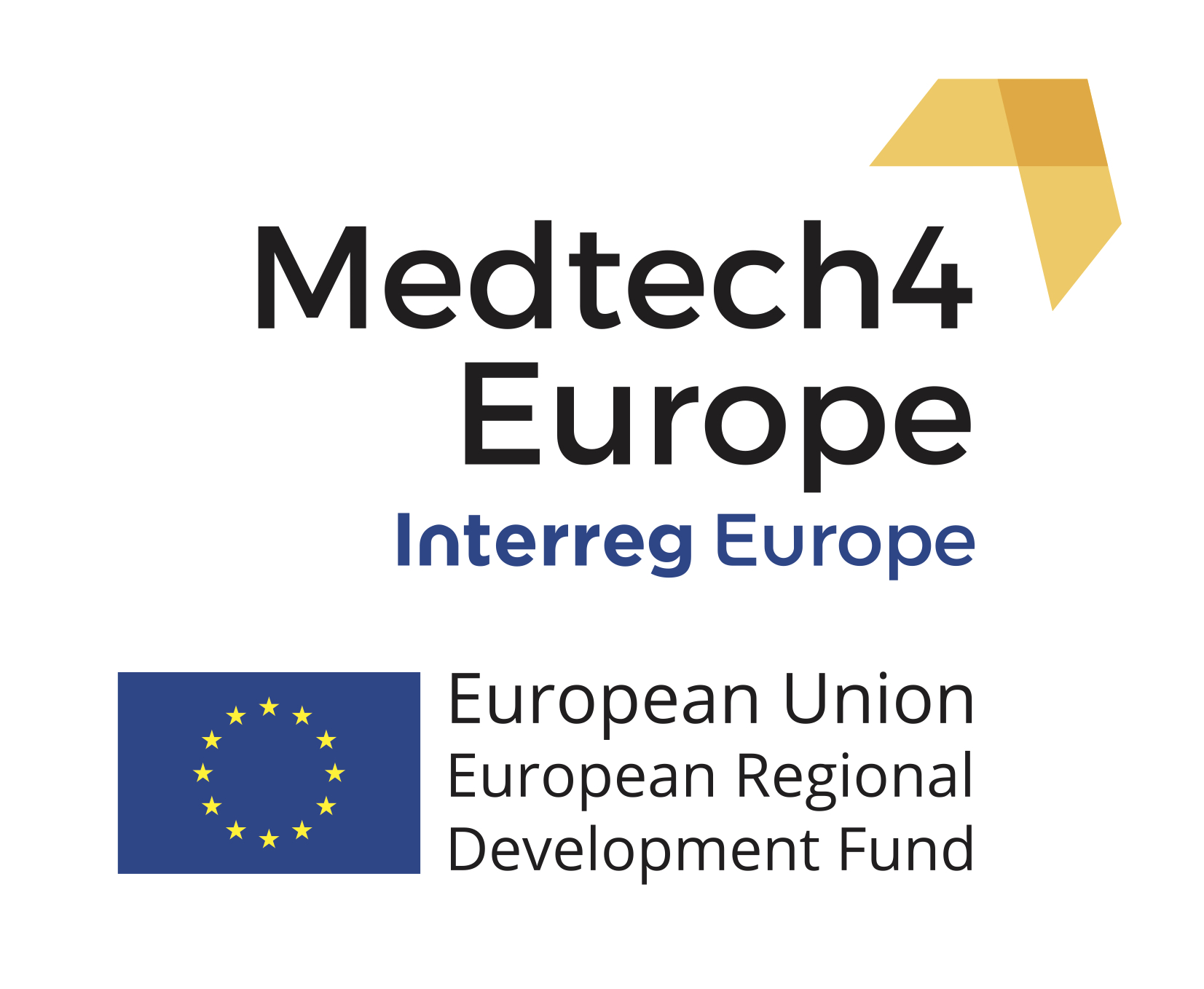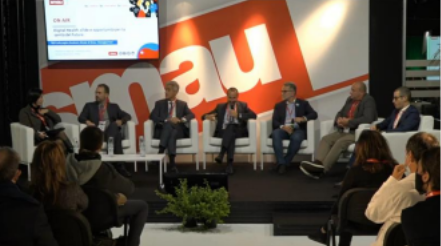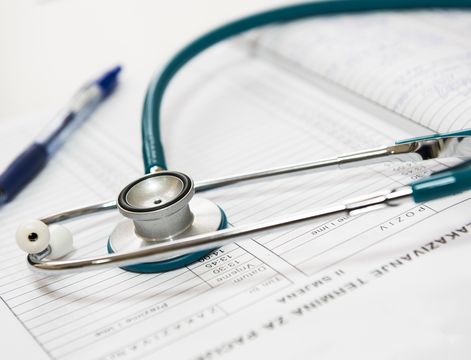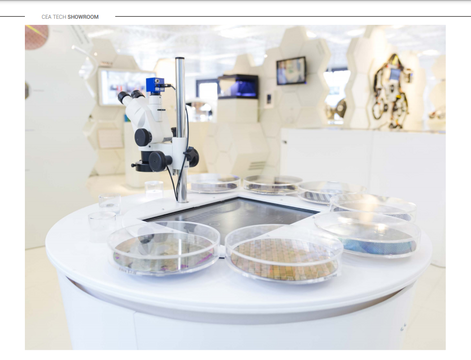Last week Medtech4 Europe partnership took part in the Study Visit in Upper Silesia where the "Education and Medical Simulation Centre" at the Medical University of Silesia and the Professor Zbigniew Religa's Foundation for the Development of Cardiac Surgery were visited. The aim of the study visit was to get to know the regional innovation ecosystem and its successful business models in the field of medical technology and to contribute to the mediation of cooperation.

The group first had the opportunity to meet representatives of the Medical University of Silesia. As one of the highest quality health care centres in Poland, the University is constantly modernising its didactic, research and clinical infrastructure. The construction of the Education and Medical Simulation Centre, which was carried out as part of the Infrastructure and Environment programme, offers students the opportunity to be trained using state-of-the-art didactics and simulation and IT techniques.

The second visit took place at the premises of the Foundation for the Development of Cardiac Surgery Professor Zbigniew Religa. Since its establishment in 2000, the institution has promoted and supported the transfer of knowledge in the field of modern heart surgery in Poland and in developing countries. The aim of the foundation is to improve the professional qualifications of doctors at home and abroad, especially in Eastern European countries. The foundation covers the following topics: artificial heart, artificial heart chambers, biological heart valves, surgical techniques for selected cardio-surgical procedures, pediatric heart surgery, cooperation in the field of heart surgery and treatment of coronary heart diseases. The programme has already benefited 180 people, including large teams of doctors from Georgia, Belarus and Ukraine, as well as fellows from the Czech Republic, Croatia, the Netherlands, France, Germany, Argentina and the United States. The experience gained with the development and implementation of the Robin Heart surgical robot and other medical devices should lead to the creation of a professional training centre for new surgical techniques and technologies by the Foundation and an experimental, robot-controlled operating theatre.

During the subsequent Policy Workshop, organized by Steinbeis-Europa-Zentrum from Germany and TechForLife Cluster from Italy, project partners and external stakeholders discussed policy incentive programs that can contribute to the optimization of medical device business models. The discussions focused, among other things, on the question of which support services can be created for SMEs and research institutions in order to meet the MDR requirements.

